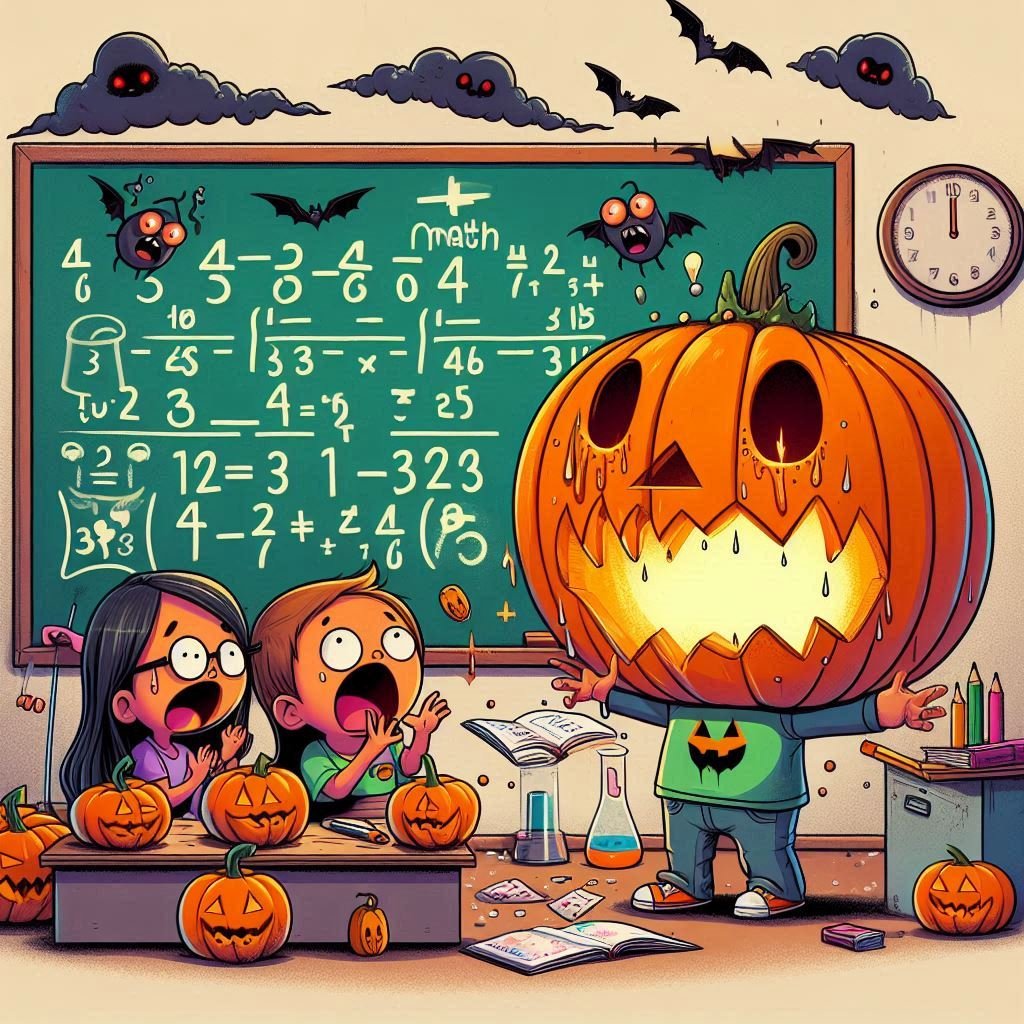That knot of apprehension when numbers appear? That's often math anxiety, a very real feeling of unease or even fear when faced with calculations or mathematical concepts. It's surprisingly widespread. In fact, a report by the OECD indicated that around 4 in 10 students experience nervousness or helplessness in everyday situations involving math, like tackling homework or solving problems.
We know this math-related anxiety can take root early in elementary school, potentially hindering both a child's performance and their ability to learn mathematical skills. But where does this anxiety come from? The roots are still being explored.
Intriguingly, recent research from a collaborative effort involving universities in Italy (Bologna, Trieste, and Macerata) and the UK (Loughborough University) delved into whether parents might inadvertently contribute to their children's math anxieties.
The anxiety equation: Parental influence explored
The study revealed a surprising twist: having a parent who experiences higher levels of math anxiety didn't directly translate to their child also developing math anxiety. This contrasts with findings on general anxiety, where children of anxious parents are more likely to experience anxiety themselves. However, the researchers did uncover a different link: children whose parents struggled with math anxiety tended to perform less well in math.
Even during the preschool years, children of parents with greater math anxiety showed weaker early numeracy skills. Sadly, these early challenges seemed to persist, with these children still demonstrating lower math achievement by the time they reached age eight.
These findings raise eyebrows, as one might assume that the influence of formal schooling on a child's math abilities would overshadow any parental impact.
Furthermore, the researchers considered the parents' level of education and still found a connection between parental math anxiety and children's math development. This suggests that the children's lower math scores weren't simply due to their parents having less schooling themselves.
These insights add a layer of complexity to the ongoing discussion about how parents can best support their children's mathematical journey.
When we look at literacy – the development of reading and writing skills – the evidence is clear: active parental involvement through shared reading, storytelling, and conversations has a direct and positive impact on children's outcomes.
However, the picture with math is more nuanced. Research does indicate that when parents and children engage in shared math activities like counting, playing board games, or measuring while cooking, children tend to make progress in their early numeracy skills. Yet, this effect appears to be modest, and individual studies sometimes present conflicting results.
Interestingly, there's even evidence suggesting that in some cases, parental help with math can be linked to children performing worse. Previous research in the United States found that when parents felt anxious about math, their children learned less math and reported higher math anxiety by the end of the school year if their parents were assisting with homework.
Turning negative feelings into positive growth
For parents who recognize their own math anxieties, it's encouraging to know that it's never too late to build confidence and develop practical numeracy skills. Exploring adult numeracy classes or utilizing the wealth of free online resources can be a great starting point.
Beyond personal growth, parents can also champion a "growth mindset" in their children (and themselves!). This involves understanding that making mistakes in math isn't just acceptable; it's a vital part of the learning process.
Even something as simple as speaking more positively about math can make a difference. When parents show genuine interest, enthusiasm, and encouragement as their children engage with mathematical concepts, it can have a significant positive impact.

Picture: The math monster (Microsoft Designer)



